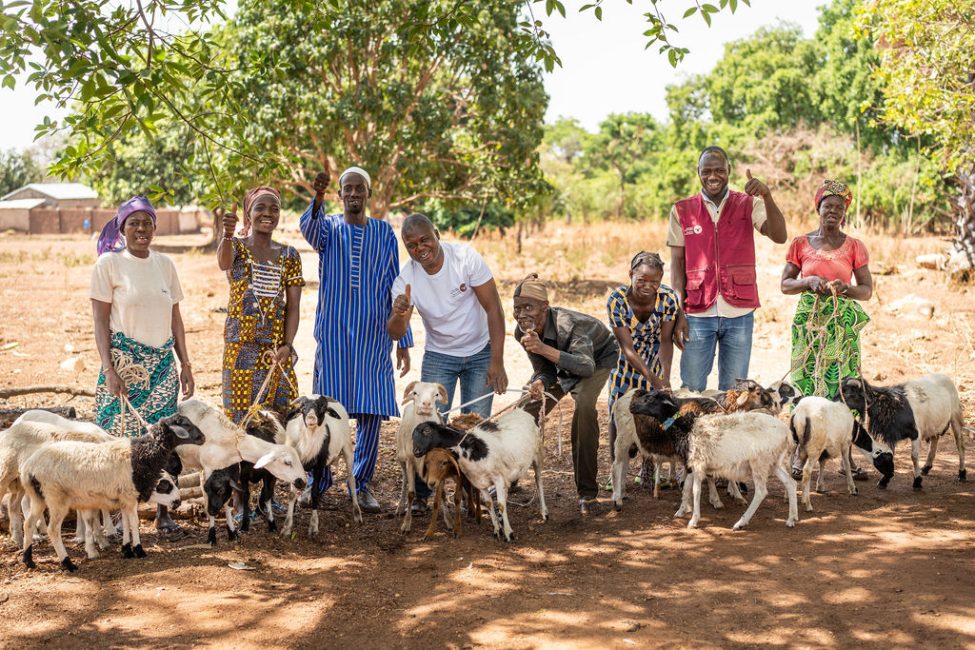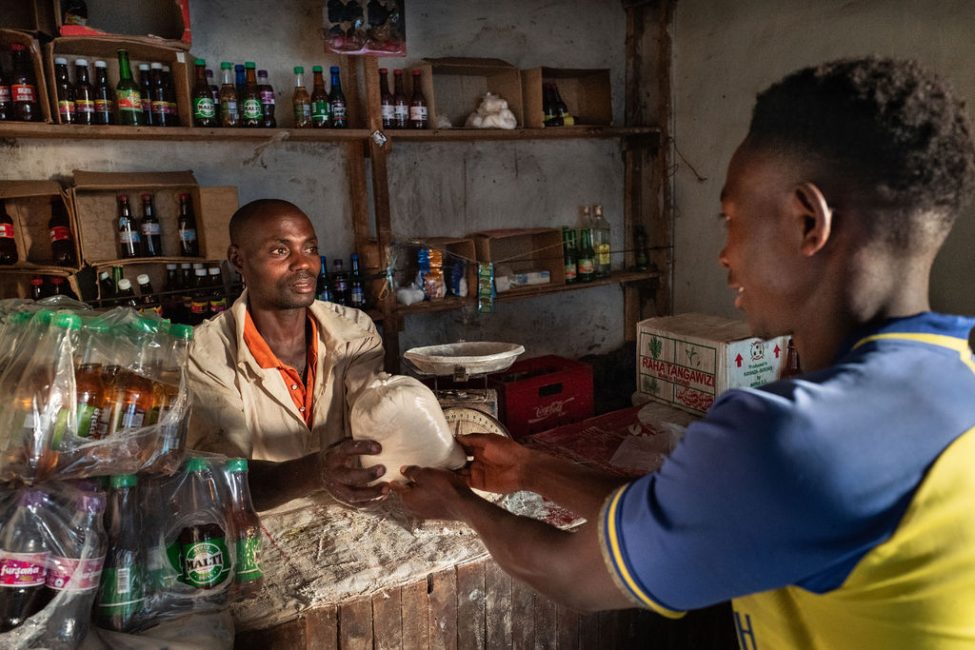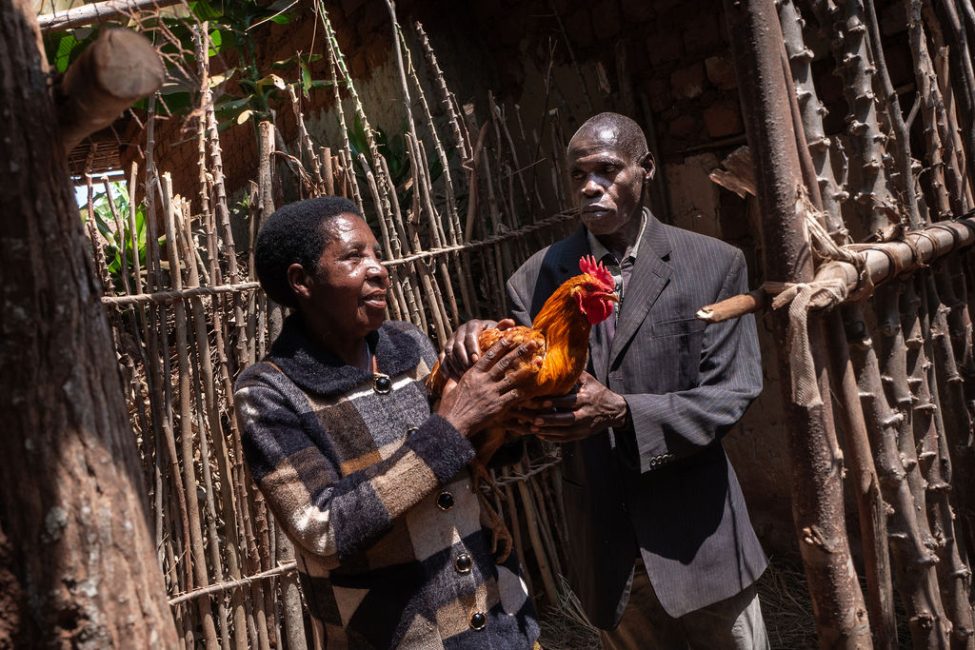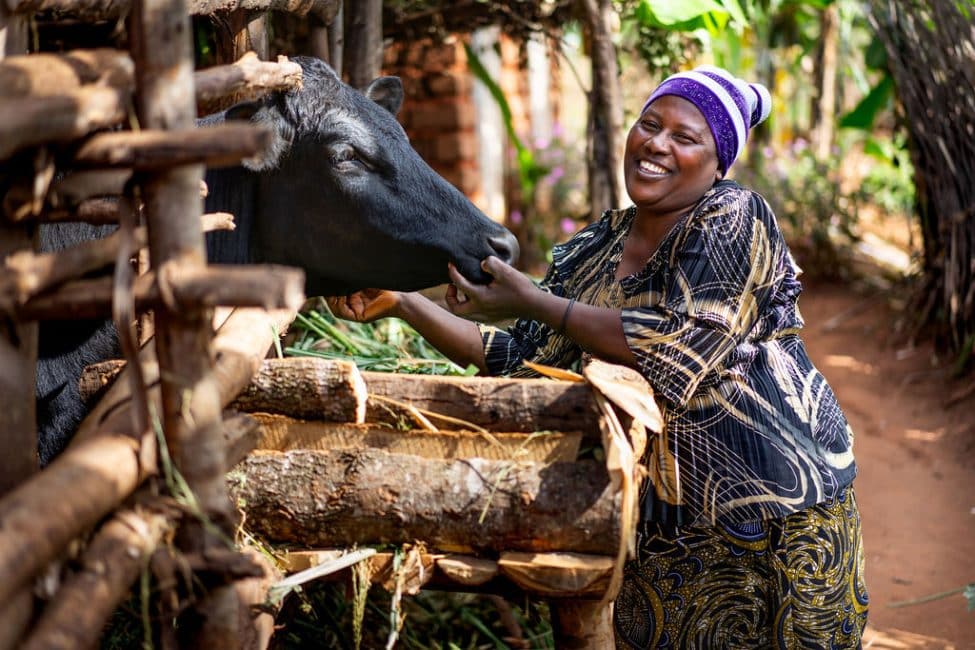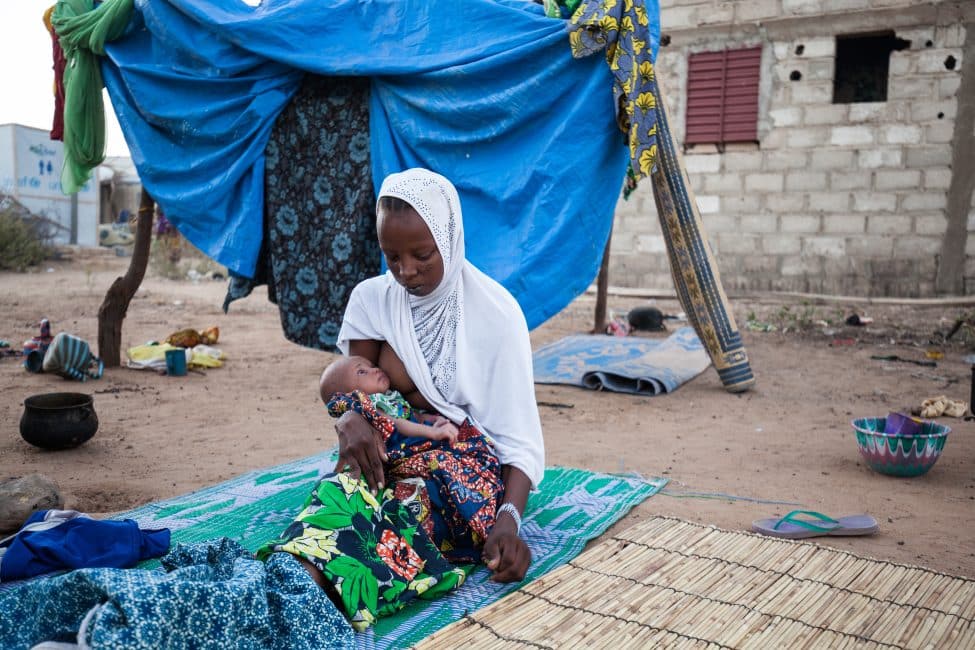Solidarity is not spoken, it is lived.
Through a system of sheep redistribution based on the principle of “give-receive-pass on”, women come together, share knowledge, and gain autonomy. Clarisse and Noya testify to the tangible changes in their daily lives. Livestock farming not only strengthens the social fabric, it also gives women a new role within their households and communities.
When livestock credit opens the way to entrepreneurship in Burundi
For a large majority of the Burundian population in rural areas, obtaining a loan is impossible. Even more so when it comes to investing in livestock farming, which is considered too risky by local banks. This is why Vétérinaires Sans Frontières has been developing a livestock credit program in the north of the country since 2014. In the province of Ngozi, Claude and Donatien have benefited from it. In the space of a few years, they discovered a new path that they hardly dared to dream of: that of entrepreneurship.
Getting to know Denise, a model poultry keeper in Burundi
In rural Burundi, poultry keeping plays an important role in food security and economic security. This activity is often the preserve of women, permitting them to improve their social standing. But it is also an activity that requires knowledge and skill. Denise Kansuraheba’s career is living proof that, with sufficient training and some material assistance, poultry farming can become a highly profitable activity. The grandmother’s success means that she is now a role model in her community.
Livestock keeping: vindication for women in Burundi
Everywhere where we work, women are a priority group among our beneficiaries. Both single mothers and widows are often more exposed to precarity and, as such, they are identified by their communities as the first who should benefit from our activities. By distributing goats to women, we offer them the chance to put an often difficult past behind them. Livestock keeping, which is normally a male preserve, is also a way for them to emancipate themselves from the traditional status of women. We got to know two such women in northern Burundi.
The plight of internally displaced livestock keepers in Burkina Faso
For the past ten years, Burkina Faso has been the host country for hundreds of thousands of Malians fleeing from the insecurity in their country. Now, however, the population of Burkina Faso is also being forced to leave everything behind to escape from the violence. Hamado Ouedraogo, our Operations Director in Burkina Faso, explains how our teams help them, and how they continue their work in spite of everything in critical regions such as Sebba, Djibo and Dori.

